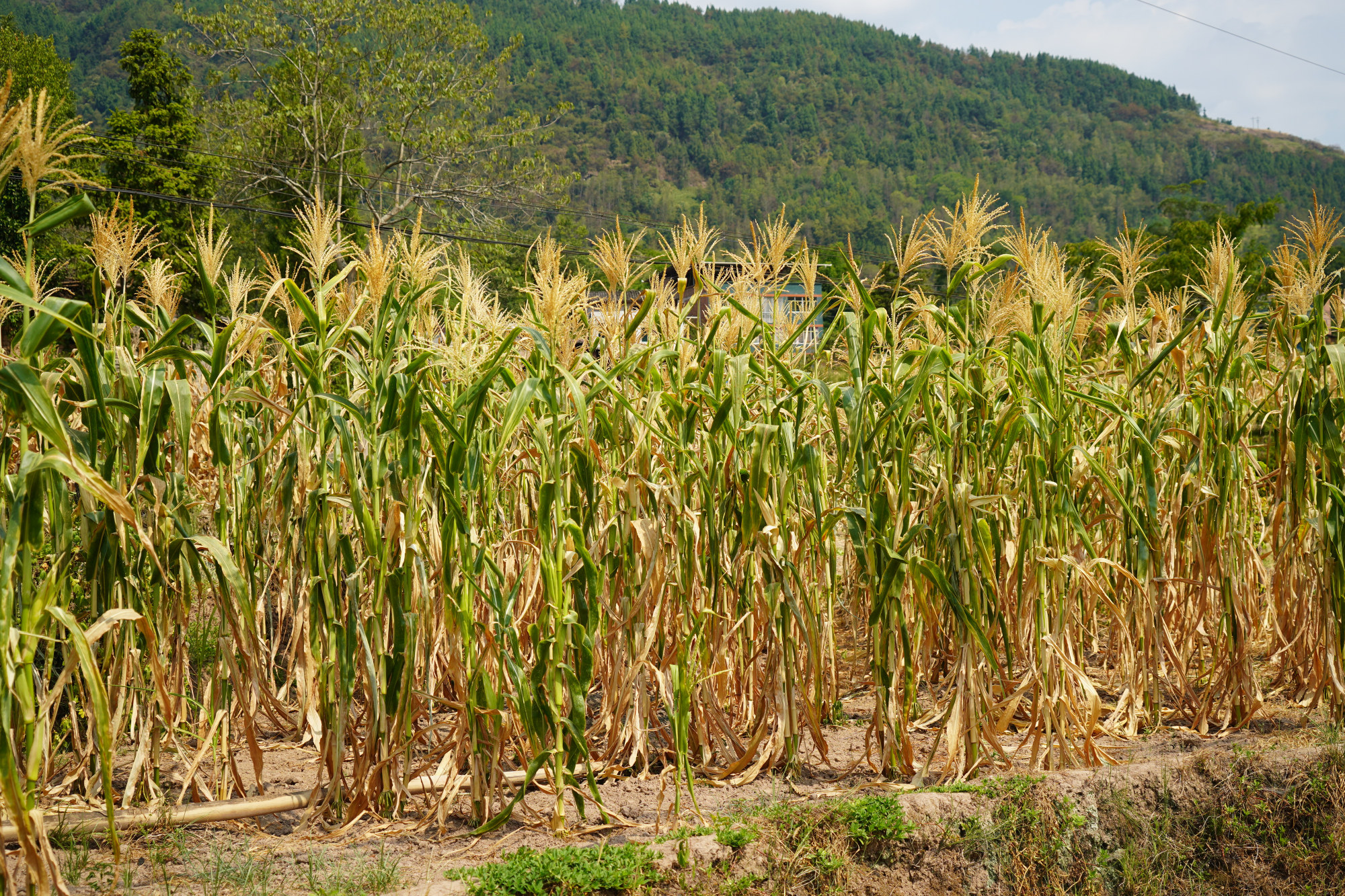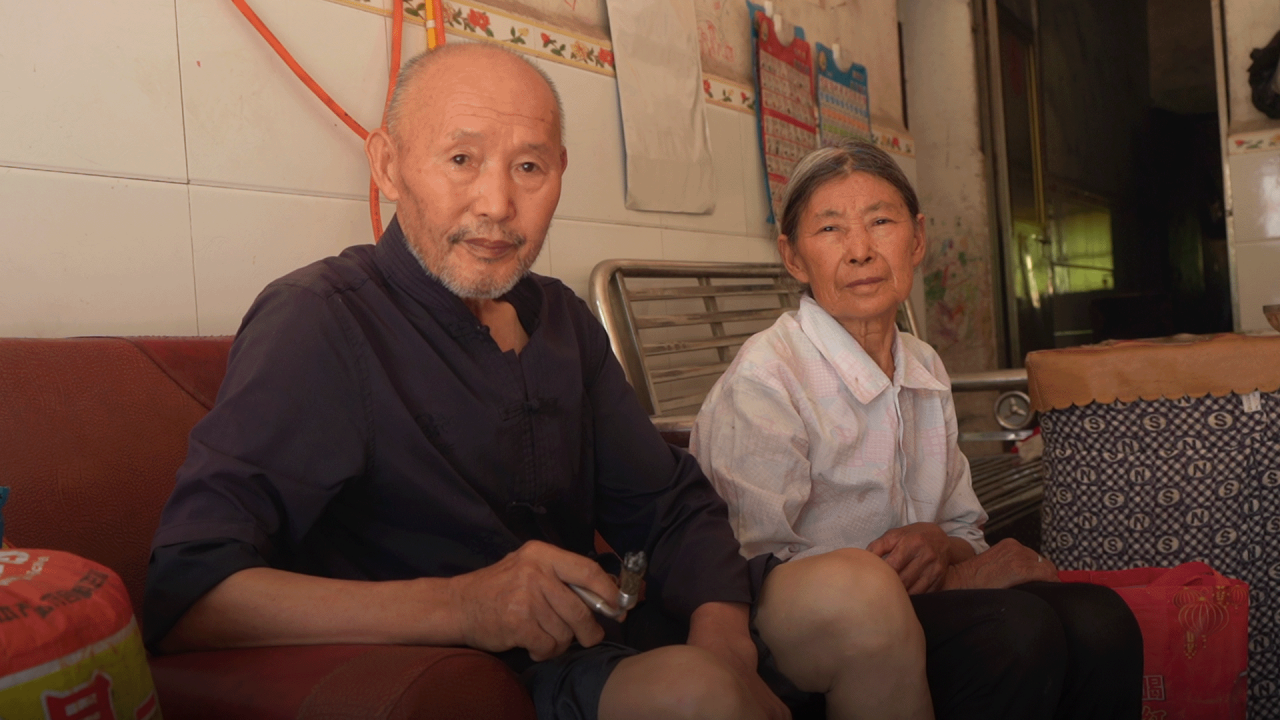
China’s record-breaking drought takes heavy toll on farmers as crops wither in the fields
- Fields in rural areas of Sichuan are drying up after a month with no rainfall and little to no irrigation equipment available to farmers
- The prolonged heatwave, which has seen temperatures pass 40 Celsius (104 Fahrenheit) has exposed the vulnerability of the agricultural sector to climate change
Hundreds of chilli plants lie wilting in farmer Zhao Yaoren’s field in Xuanhan county in rural Sichuan province.
Rain brings some relief to drought-hit parts of China
“It has never been more difficult than this year,” the 68-year-old farmer said.
China is currently experiencing the most severe drought and heatwave since national records began in 1961.
As of last Sunday, the drought had affected at least 2.46 million people and about 2.2 million hectares of agricultural land in nine provinces along the Yangtze River basin, including Sichuan and the neighbouring metropolis Chongqing, according to the ministry of water resources.
On Thursday, the national observatory issued its orange alert – the second highest level in a four-tier colour-coded warning system – for drought across multiple provinces.

The drought has exposed the vulnerability of the agriculture sector to climate change.
Zhao lives near a river but there is no irrigation equipment in his field – something he previously did not need because abundant rainfall watered his crops – and does not even have running water at his home near Wubao town.
But now he is left “at the mercy of the weather” and is forced to fetch water from the nearby mountains twice a day for domestic use and get water from the river for his pigs.
Li Guoxiang, a researcher from the rural development institute at the Chinese Academy of Social Sciences, said that many of the areas affected by the drought were not equipped with irrigation facilities.
“It’s because rainfall was relatively abundant in the Yangtze River basin in the past. Local agricultural irrigation mainly relied on surface water and there was a lack of attention paid to the irrigation facilities,” he told China Newsweek magazine on Tuesday.
“Local farmers take action based on their experiences. When the extreme weather is beyond the scope of local knowledge, there will be consequences from inadequate preparation,” Li Zhao, a climate risk researcher at Greenpeace East Asia, said.

“Meanwhile, rural areas have a high proportion of elderly people and the economy and infrastructure is relatively weak.
“Drilling wells and pumping water involves heavy manual labour and they are very costly for them.”
A farmer surnamed Chen living in the mountains area near the neighbouring city of Bazhong said that she had only harvested one sixth of her normal rice crop this year and had not been able to grow any corn.
She relies on wells by the local government for water and said this only provides enough for cooking and washing.
Chen’s family is now relying on potatoes and salted vegetables for food. “When we go to the market in town every three days, there are no fresh vegetables because of the drought,” she said.
Zheng Guoguang, secretary general of the National Disaster Reduction Committee, told The Beijing News last week that although the drought would have an effect on agriculture along the Yangtze valley, the country’s main rice producing area, he did not think it would affect the country’s food security.

“The main grain-producing areas of northern and northeastern China are expected to have good harvests due to abundant rainfall,” he said.
Greenpeace’s Li Zhao said the nation should strengthen its early warning systems for extreme weather and do more to inform farmers of the risks.
“There is also a need to breed heat and drought-tolerant seeds and to promote them in suitable areas,” she said.



